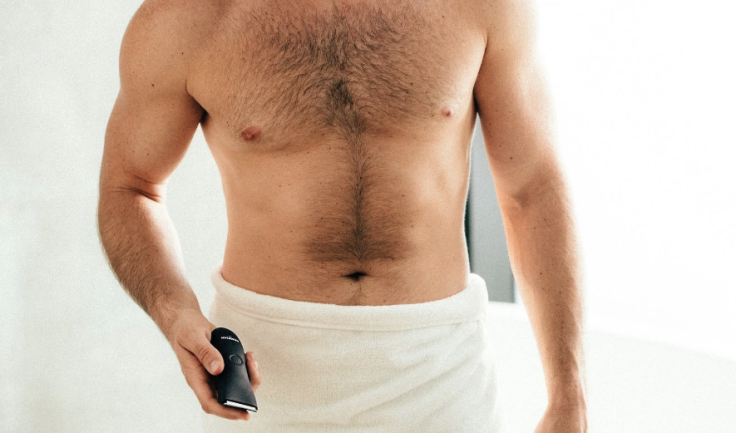Saying goodbye to summer days doesn’t mean you should do the same with sunglasses. They’re just as important during winter because they protect your eyes when sun rays hit the white snow, causing glare and making it challenging to see.
But there are more reasons why you should wear winter sunglasses.
The Benefits of Wearing Sunglasses in Winter
Statista’s 2019 survey found that only 33 percent of consumers wear sunglasses in winter. Yet, the benefits of doing so show that this number should be much higher.
You should wear winter sunglasses because they prevent the reflection of harmful UB/UV rays, which are present even during the cold season. Those with polarized lenses will also protect you from blinding glare, an essential advantage when you drive or ski.
But winter sunglasses will keep you safe from strong, sharp, and cold winds and enhance your overall vision. Thanks to that, you’ll feel more comfortable in outdoor activities and avoid various risks, such as snow blindness.
Here’s a short guide on how to choose the best winter sunglasses.
Things to Consider When Choosing Sunglasses for Winter
The following factors are crucial when looking for adequate winter sunglasses.
The Type of Lenses
The most common types of lenses for winter sunglasses are mirrored and polarized. They block that annoying glare that makes your eyes think it’s July despite being in freezing January.
You can customize your lenses to match your prescription and ensure they cover different winter activities. But these two types have some differences.
For instance, polarized lenses include a filter that reduces horizontal light waves and provides vision with a higher contrast. Skiers and snowboarders typically favor these sunglasses because they make it easier to spot objects and people.
Mirrored lenses, on the other hand, have a reflective surface that improves color recognition, especially with light reflections. They block UV light, preventing eye damage that thin air can cause, especially in high, snowy mountains.
The Size and Frame
Whether winter sunglasses provide excellent protection depends on more than just lenses. Go for frames made of durable and lightweight materials, such as titanium, nylon, and acetate, as they’re resistant to cold temperatures and won’t become brittle.
Avoid smaller sunglasses as they won’t give the necessary coverage. Instead, opt for larger frames that help block more sunlight and guard your eyes from harsh winter glare.
Another tip is to look for wraparound styles to ensure additional protection from side glare and wind. Your sunglasses for winter should also be comfortable and stay in place, especially if you engage in many winter activities.
The Color
It may surprise you, but the color of your winter sunglasses also matters. Prioritize amber and neutral tones, as these enhance contrast and depth perception in low-light conditions.
However, the choice will also depend on whether you choose polarized or mirrored lenses. – The former will serve you best in brown, green, or gray, while the latter make discerning the environment easier in blue, gold, and silver colors.
Ventilation and Water and Snow Resistance
This element is more important for winter outdoor activities, such as skiing, sledding, or snowboarding, as these may cause you to sweat. Look for sunglasses with proper ventilation since they prevent fogging.
Another feature to prioritize is water and snow resistance. Sunglasses with hydrophobic and water-repellent coatings will help create a surface that resists the adhesion of water molecules.
You can also seek sealed frames or gaskets to prevent water and snow from getting between the lenses and the frames.
If you’re still unsure what kind of winter sunglasses to choose, you may ask your optician to prescribe the best fit.






